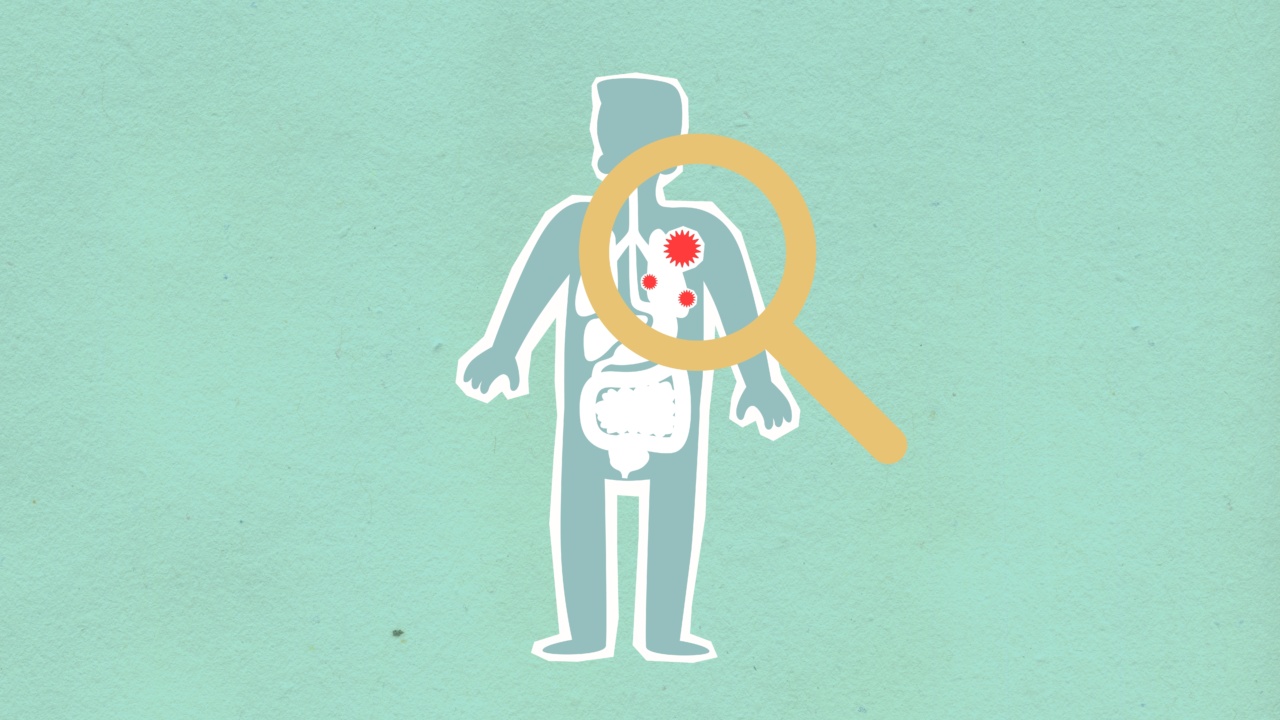Lyme disease is a bacterial infection that is transmitted through tick bites.
It is caused by the Borrelia burgdorferi bacteria and can lead to a wide range of symptoms, including fever, fatigue, joint pain, and a characteristic skin rash called erythema migrans. While Lyme disease can be treated with antibiotics, it can have serious consequences if left untreated or if the treatment is delayed.
In this article, we will take a look at the impact of Lyme disease on pregnancy and what steps can be taken to manage the condition.
Lyme disease and pregnancy
Pregnant women who contract Lyme disease may experience a range of symptoms that can affect their health and the health of their unborn child. Some of the possible complications of Lyme disease during pregnancy include:.
1. Miscarriage
Studies suggest that women who contract Lyme disease during the first trimester of pregnancy may have a higher risk of miscarriage.
The exact reasons for this are not clear, but it is thought that the bacteria may cause inflammation and damage to the placenta, which can lead to pregnancy loss.
2. Premature birth
Pregnant women with Lyme disease may be at higher risk of premature birth, which can lead to a range of health problems for the baby.
Premature babies may have difficulty breathing, feeding, and regulating their body temperature, among other complications.
3. Birth defects
Though rare, Lyme disease during pregnancy has been linked to a higher risk of birth defects. Some of the possible defects associated with Lyme disease include limb abnormalities, heart defects, and neurological issues.
4. Maternal complications
Pregnant women with Lyme disease may experience a range of complications that can affect their own health, including arthritis, heart problems, and neurological issues.
These complications can be particularly concerning during pregnancy, as they can lead to complications that may endanger both the mother and the baby.
Diagnosis and treatment
If you are pregnant and suspect that you may have Lyme disease, it is important to seek medical attention right away. Your doctor can perform a blood test to check for the presence of antibodies to the bacteria that cause Lyme disease.
If the test is positive, you will need to start treatment with antibiotics as soon as possible.
It is important to note that not all antibiotic medications are safe for use during pregnancy. Your doctor will need to weigh the risks and benefits of different treatment options and determine the best course of action for your individual situation.
In some cases, hospitalization may be necessary to properly manage the condition.
Preventing Lyme disease during pregnancy
The best way to prevent Lyme disease during pregnancy is to avoid contact with ticks as much as possible. If you live in an area where ticks are common, it is important to take steps to reduce your risk of bites, such as:.
1. Wear protective clothing
When spending time outdoors, wear long sleeves and pants, and tuck your pants into your socks or shoes. This can help to create a barrier that makes it harder for ticks to reach your skin.
2. Use insect repellent
Apply insect repellent containing DEET or permethrin to your skin and clothing. This can help to repel ticks and other insects.
3. Check for ticks
After spending time outdoors, carefully check your skin and clothing for ticks. If you find a tick, use tweezers to remove it carefully, grasping the tick as close to your skin as possible and pulling it straight out with a slow, steady motion.
Conclusion
Lyme disease can have serious consequences for pregnant women and their unborn children. If you are pregnant and suspect that you may have Lyme disease, seek medical attention right away.
With prompt diagnosis and treatment, it is possible to manage the condition and reduce the risk of complications. Remember to take steps to prevent tick bites, as prevention is always better than cure.





























